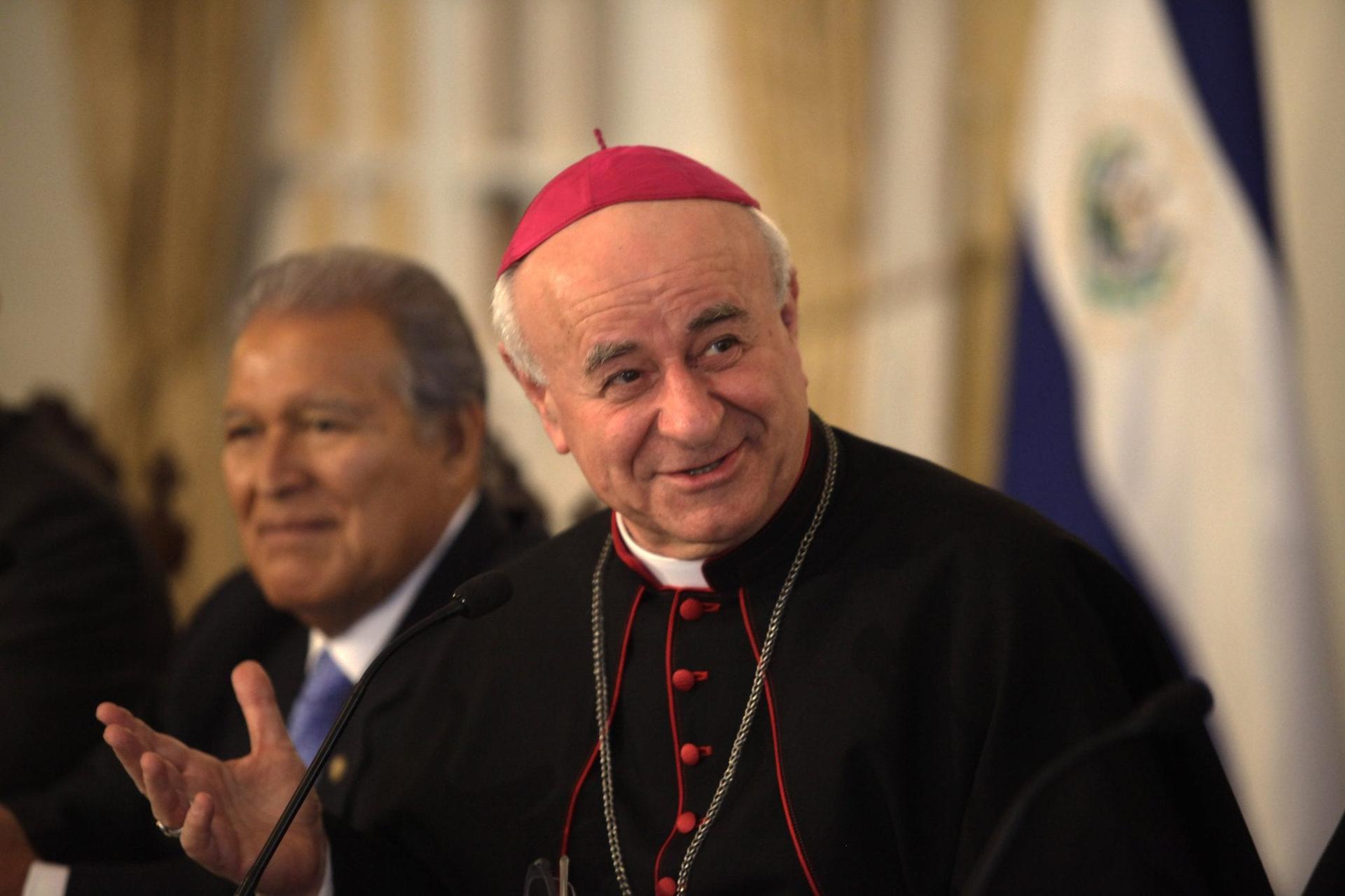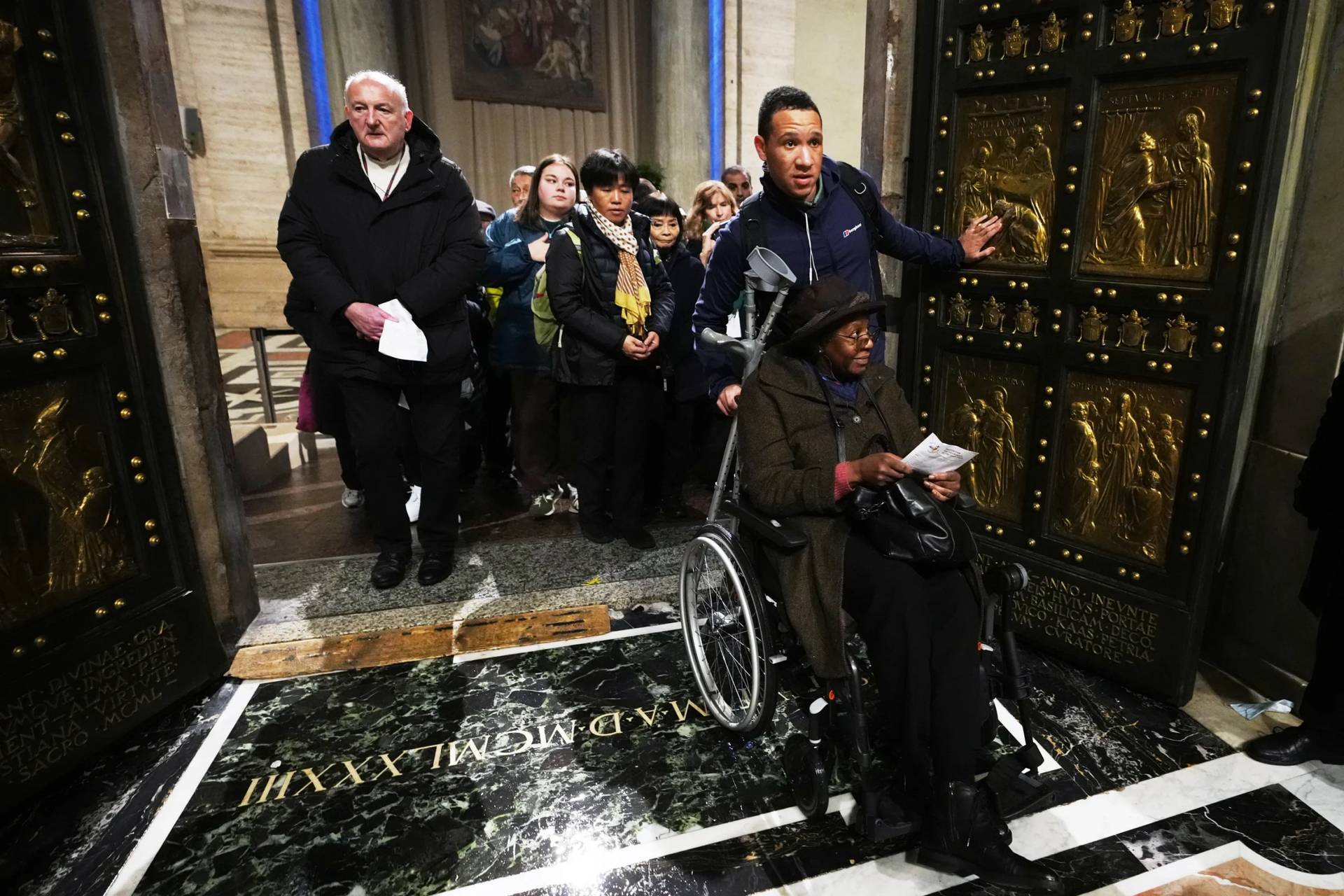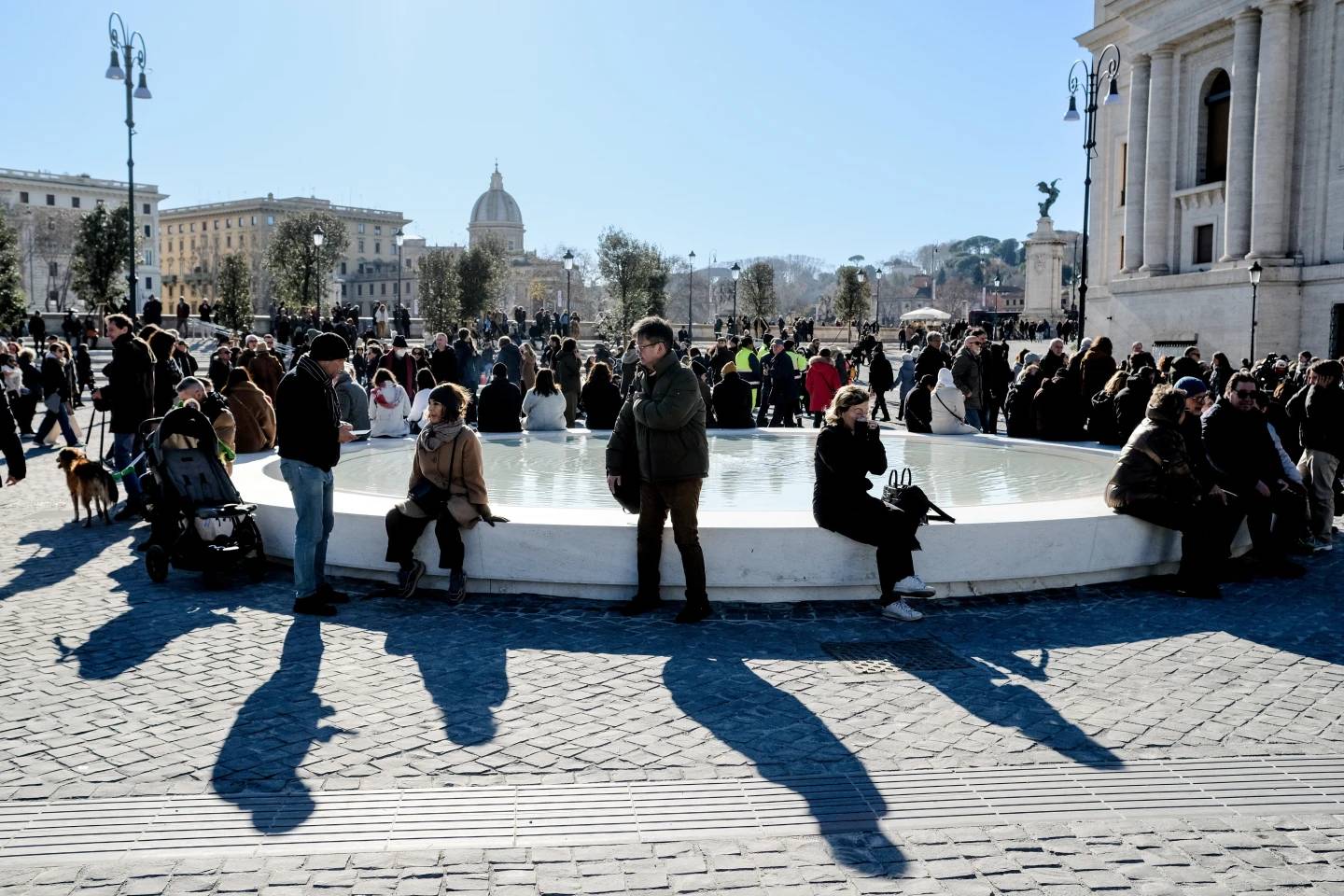ROME – The Pontifical Academy for Life on Monday announced its first general assembly after Pope Francis’s overhaul of its membership in June, emphasizing its intention to broaden the meaning of the term “life” to include the complete arc of human existence, as well as topics such as the environment, technology and immigration.
“It’s obvious that being ‘pro-life’ means, even for the academy, to rethink the semantic value of the term life, which cannot be reduced to a perspective that is uniquely bio-ethical,” said Italian Archbishop Vincenzo Paglia, president of the Academy.
“If we must be pro-life, we must always, any way and anywhere be pro-life.”
In June the pope appointed 45 new members to the Pontifical Academy for Life, long regarded as the Vatican’s primary beachhead for the most robustly pro-life voices in the Church, including a mix of clergy and laity, and also featuring a number of non-Catholics, including other Christians, followers of other religions, and non-believers.
RELARED: Pope Francis overhauls the Vatican’s pro-life beachhead
Members of the academy will no longer be appointed for life, but have a five year term, which Paglia said allows for a greater generational change within the organization. He also stated that in line with the pope’s invitation to open a “large window” on a wide set of topics, “the academy feels the responsibility to interpret the word life, not only in its theoretic components but also in its historic-geographical components.”
Paglia stated that this includes topics such as immigration, “a theme that the academy has close to heart and wants to study at a global and international level.”
Keeping with tradition, the academy will also be hosting a congress, called ‘Accompanying Life: New responsibilities in a technological age,’ that will account for the new challenges present in every stage of life presented by the digital and scientific revolution, to be held at the Vatican Oct. 5-7.
The event “intends on focusing on the impact of technology on human life in all of its phases from conception to death,” said Father Renzo Pegoraro, chancellor of the academy, by tackling “the anthropologic aspects tied to parenting, the cultural ones typical of the civilization of efficiency and the relations between technology, justice and economic resources.”
Pegoraro underlined the scientific dimension of the academy, which will enrich the debate on a large spectrum of topics. In line with this aim, the academy has accepted an invitation by the European section of the World Medical Association to participate in an event concerning the last stages of life and euthanasia in November and will take part in a Congress in Russia with the Patriarchate of Moscow on palliative care.
On the subject of euthanasia, Paglia answered a question regarding the international media case of Charlie Gard, a terminally ill child caught in a war between his parents’ determination to save his life and British courts, which raised the issue of extraordinary lifesaving measures.
RELATED: Pope Francis backs parents in UK’s Charlie Gard drama
The president of the academy said that the role of ethical committees for clinical practices should be expanded to include not only “standard and general rules, but methods and ways to tackle single cases.”
At the time, the academy issued a statement seemingly sympathizing with the court’s ruling, which expressed closeness to Charlie’s parents but warned against “aggressive medical procedures that are disproportionate to any expected results or excessively burdensome to the patient or the family.”
The academy also announced a cultural initiative at the Vatican Museums, which will showcase 12 artworks presented by an equal number of academics on the theme ‘Accompanying Life.’ The show will be open from October 6 to January 5, 2018. Paglia also announced the opening of the new official website of the academy. (www.academyforlife.va)















